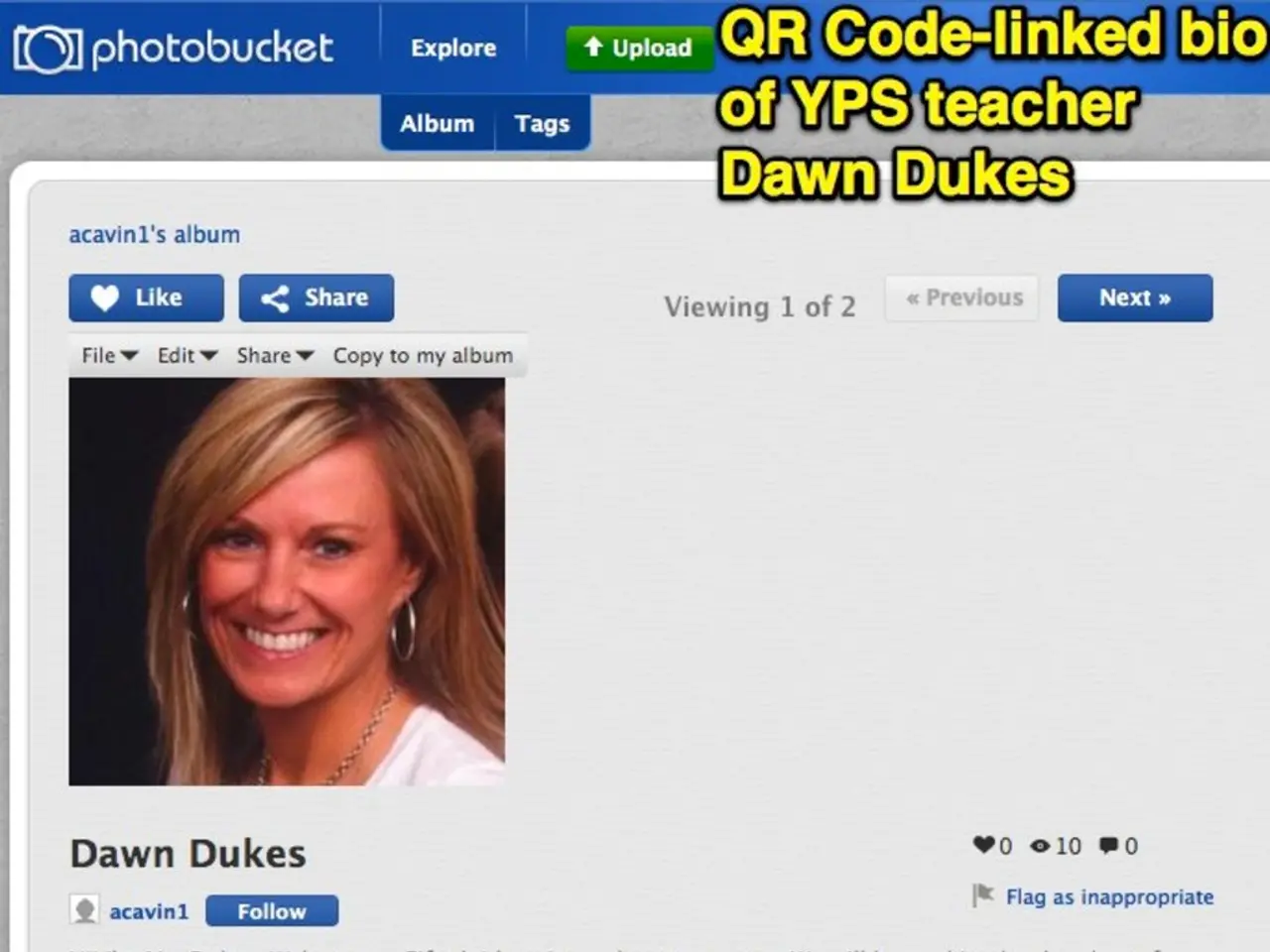Social Media Users: Know Your Copyright Rights
Social media users should be aware of copyright laws to avoid infringement. The Digital Millennium Copyright Act (DMCA) offers a takedown process for copyright holders, while fair use allows limited use of copyrighted material. Key to responsible sharing is respecting creators, understanding the law, and seeking permission when unsure.
When sharing content on social media, it's crucial to follow best practices. Start by using platform tools, request permission, or use licensed content. Remember, the creator holds the copyright by default, unless transferred or created under a 'work for hire' agreement. Downloading and reuploading someone's video or image can infringe on their copyright without permission. Using a platform's share button doesn't grant legal protection for reposting content. Copyright law protects original works from the moment they're created and fixed in a tangible form. What's acceptable in a U.S. social campaign may not be internationally, as copyright laws vary.
For instance, Twitter, originally founded as a microblogging service by Jack Dorsey, Noah Glass, Biz Stone, and Evan Williams in 2006, was acquired by Elon Musk in 2022 and integrated into X Corp. in 2023. While using Twitter's share button might seem safe, it doesn't guarantee compliance with copyright laws.
To ensure responsible sharing on social media, users must respect creators, understand copyright laws, and seek permission when necessary. Embedding content is generally safer than downloading and reuploading, but it's still not risk-free. Always remember, international laws may vary, and what's acceptable in one country might not be in another.







